Login Status
-
Free text
UPCOMING EVENTS:
 From August 18 to October 11, 2026; submissions due February 19.
From August 18 to October 11, 2026; submissions due February 19.FILE – Electronic Language International Festival is now accepting project submissions and invites artists, researchers, creators, and developers to participate in its next edition. An international reference in the fields of art, technology, and innovation, FILE will take place in … Continue reading →
 Wrocław University of Environmental and Life Sciences, 4th of Match 2026
Wrocław University of Environmental and Life Sciences, 4th of Match 2026The international conference “Cross-border cooperation in the era of challenges and transformation – space, energy, climate, culture” will be held on 4 March 2026 at the Wrocław University of Environmental and Life Sciences, in Wrocław, Poland. The conference will explore key issues facing border regions, from … Continue reading →
Topic: EU projects
The November 2017 updates for Acrobat DC, now available from Adobe, include some significant news for those who pay attention to ISO standards-adoption. Among the enhancements of the preflight tools there is also PDF/A compatibility with veraPDF. Now, Acrobat preflight tools can find and report issues that are not compatible with the veraPDF tests. Continue reading
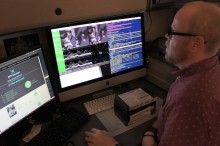
This is the nineth in a series of interviews with people using MediaConch within their institutions. Brian is the head of the Digital Production Unit for the Special Collections & Archives Research Center at Oregon State University Libraries & Press. He is using MediaConch for validation and policy checking during the quality control process for the video files. He also used DPF Manager and veraPDF for quality control of TIFF and PDF files. Continue reading
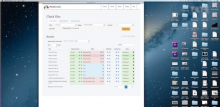
This is the eight in a series of interviews with people using MediaConch within their institutions. Patricia Falcao is a time-based media conservator at Tate. She uses MediaConch to check files that have resulted from migration. Francesca Colussi is one of the senior time-based media conservation technicians at Tate. She mainly uses MediaConch both for local policy checking and in-house quality control, as a comparison and ‘problem solving’ tool to spot anomalies in exhibition format files. Continue reading
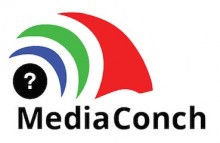
MediaArea is immensely grateful to have been involved in the PREFORMA challenge over the past three years. Through this initiative, MediaArea has been given the opportunity to further contribute the cultural heritage sector through the development of the open source audiovisual conformance checker tool, MediaConch. To better understand our users and plan more efficiently for the future of this software, MediaArea would appreciate your feedback via this MediaConch Users Survey Continue reading

Hosted by the National Library of Estonia, the PREFORMA International Conference “Shaping our future memory standards” brought together 150 people worldwide to discuss the importance of standardisation and file format validation for the long term preservation of digital cultural content, discover the potential of the open source conformance checkers developed in PREFORMA and look at future challenges and opportunities. Continue reading
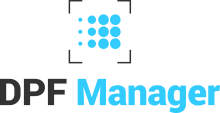
On Wednesday, December 13, PACKED and the Royal Library of Belgium, in collaboration with the University of Girona, organise a workshop “Quality Control of TIFF Files”. The workshop is intended for digital archivists who are responsible for the long-term preservation of TIFF files. During the workshop you will learn how to gain an insight into the technical properties of TIFF files and what you can do to preserve them for future generations. The workshop is conceived as a hands-on session, where participants get started with TIFF files from their own collection. Continue reading
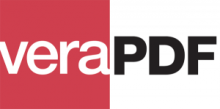
On Friday, November 24, PACKED and the Royal Library of Belgium, in collaboration with the Open Preservation Foundation, organise a workshop “Quality Control of PDF Files”. The workshop is intended for digital archivists who are responsible for the long-term preservation of PDF files. During the workshop you will learn how to gain an insight into the technical properties of PDF files and what you can do to preserve them for future generations. The workshop is conceived as a hands-on session, where participants get started with PDF files from their own collection. Continue reading
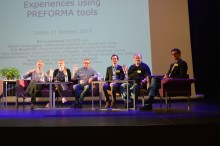
Hosted by the National Library of Estonia, the PREFORMA International Conference “Shaping our future memory standards” brought together 150 people worldwide to discuss the importance of standardisation and file format validation for the long term preservation of digital cultural content, discover the potential of the open source conformance checkers developed in PREFORMA and look at future challenges and opportunities. Continue reading

We are pleased to announce that The PREFORMA Handbook is now available to download. This publication is intended as a practical guidebook to be offered as a critical instrument to decision-makers in cultural heritage institutions, to support them in the analysis of problems and the identification of viable solutions, and as a technical reference to managers of digital archives and developers, to offer them guidance on how to use the PREFORMA tools. Continue reading
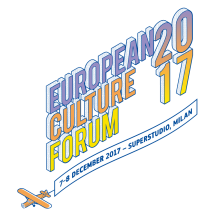
The European Culture Forum is a biennial flagship event organised by the European Commission to raise the profile of European cultural cooperation, to bring together cultural sectors’ key players and to debate on EU culture policy and initiatives. Its 2017 … Continue reading
































